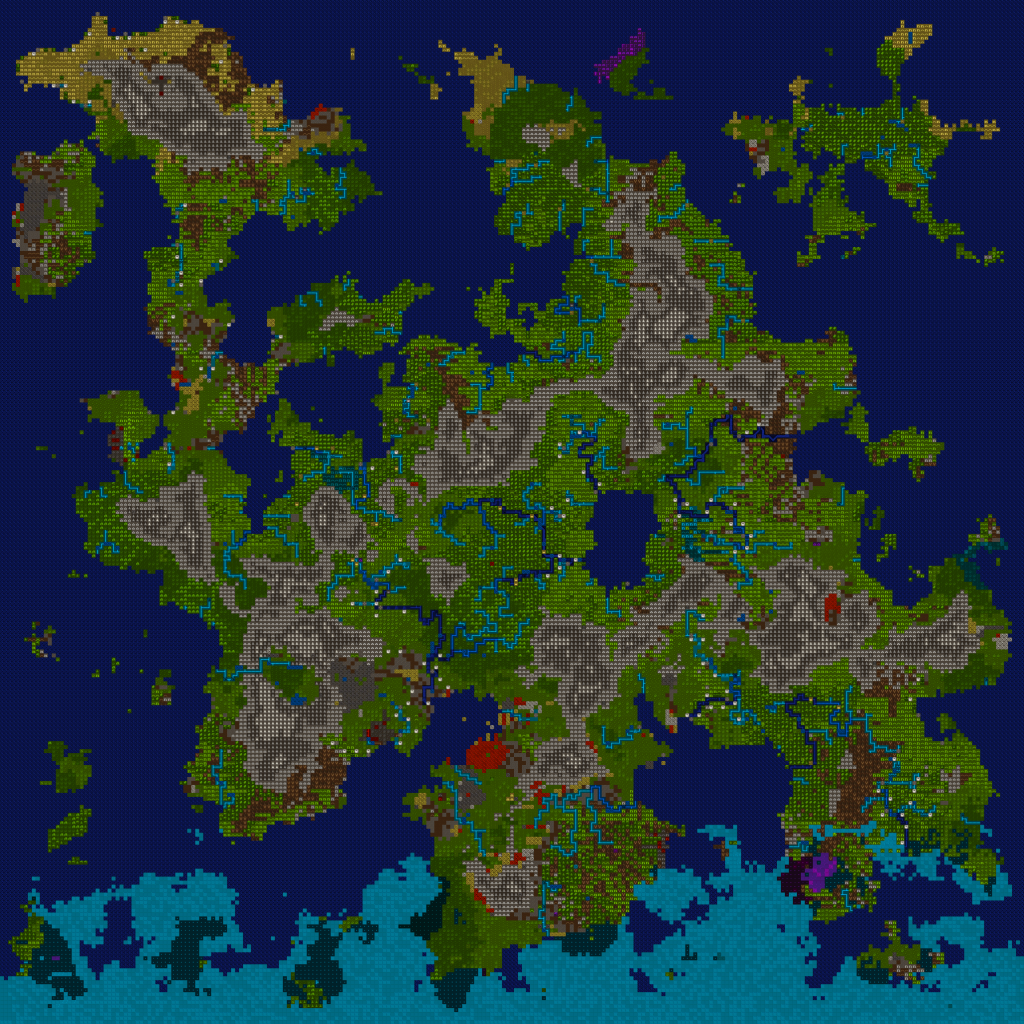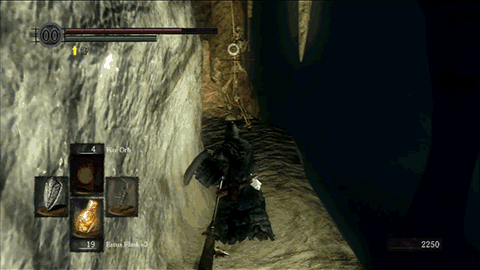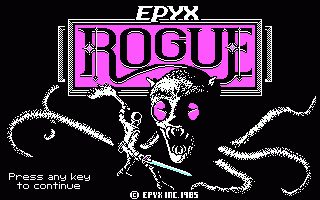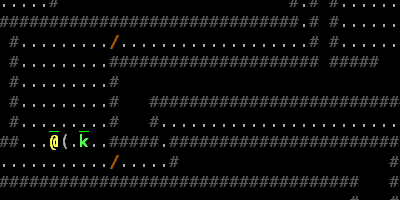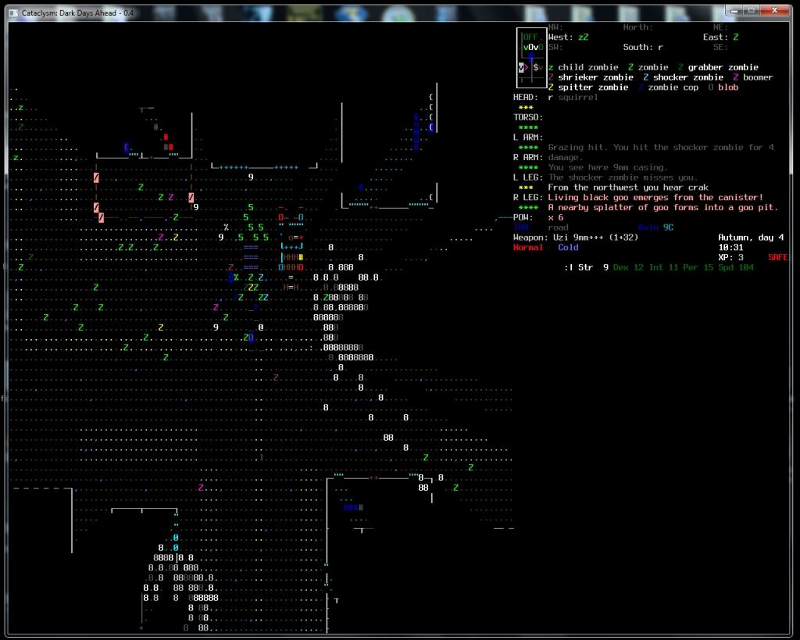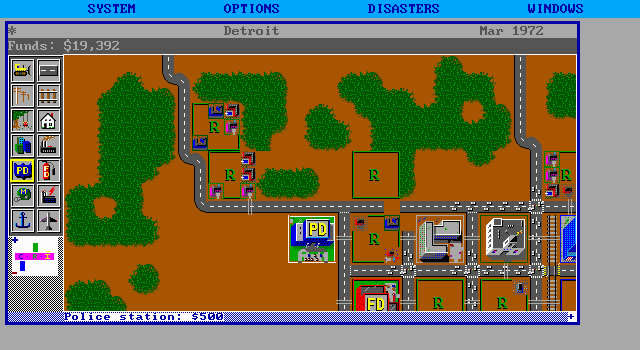The concluding entry in Mr. Adequate’s ‘A Big-Budget Roguelike’ series. If you missed them, read Part 1 and Part 2!
This is the fact that roguelikes are traditionally turn-based. This is vastly more consequential that first blush suggests, so much so that I think addressing it one way or another would be among the most important parts of any effort to make a big-budget roguelike. The reason for this is that being turn-based is what dictates the pace of the game, and what makes all those other elements important in turn. You enter a room in a dungeon and see three monsters, two of which you recognize as tough enemies, the third you’ve never seen before. Now you have to stop and think; Can you guess what the third monster can do, and how strong it is? At this point the many options of a roguelike come into play, and being turn-based is at the heart of that. Out of all your skills, spells, and items, which ones will serve you best in this encounter? Wiping out some small-time idiot is simple, but when you come up against a challenge in a roguelike, it is a tense game of tactics, luck, and knowing what you have on hand and how to use it. The fondest memories of pretty much any roguelike player will come from these fights, where you overcome ridiculous odds through the clever use of your tools, and most roguelikes pride themselves on designing encounters which can go from unwinnable to trivial depending on the player’s use of their tools.
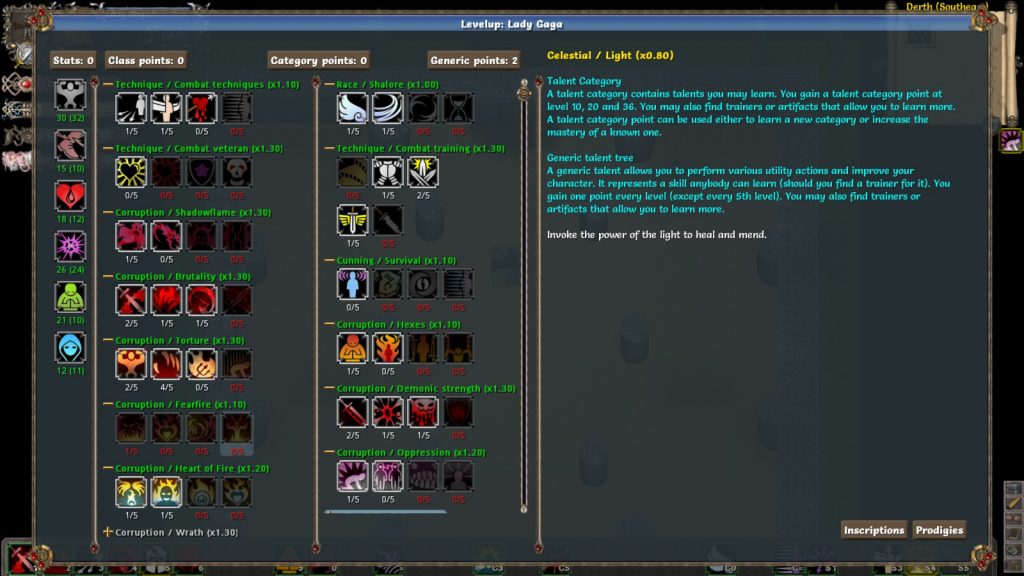
Going real-time changes that equation. By definition if your players can’t stop and think, your game design has to accommodate that. Imagine trying to play Dark Souls with the number of skills, items, potions, etc., that are present in a game like ToME. It simply isn’t feasible. There are still solutions to this; you could have a turn-based first-person dungeon crawler nonetheless, a game like Legend of Grimrock or Etrian Odyssey, as there is certainly a healthy market. You could do as The Elder Scrolls does, and have real-time combat with the ability to pause, go through all your spells or items, and select them or use them instantly. That gets unwieldy, but may be a sufficient solution. And this all assumes a change from the top-down grid-based perspective anyway, and that may not actually be needed. Instead you could keep that but have very high quality graphics, properly animated sprites, and plentiful effects. I am not entirely convinced of how well that could sell, but it is certainly one angle that would be interesting to see attempted.
And in the end I might just be barking up the wrong tree here. As I said above this is a hobbyist’s genre. Modern indie stuff has hugely benefited from the possibilities opened up by crowdfunding, and more than one existing roguelike has used it in order to improve. Games like ToME, ADOM, and Cataclysm have expanded gameplay as well as made themselves more attractive, whilst a game like Dungeonmans has helped refine things so that it is more accessible. Games from FTL to Project Zomboid have taken aspects of the genre and made something new. Japanese devs have always taken some parts of Roguelikes and incorporated them into exciting games, with a particular focus on first person, Dragon Quest-inspired dungeon crawlers. All of this makes it hard to predict the future of the genre, as it may inspire a bigger effort from a bigger developer who thinks they see a niche, or it may simply continue being a smaller, constantly remixed genre for those who want to go and find it.
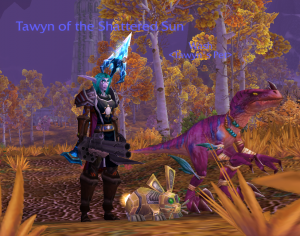
Either way, though, Procedural Death Labyrinths are in rude health as a genre. There are a wealth of entries that range from the brutally hardcore NetHack to the much more approachable, yet still challenging, Dungeonmans. And as I have said there are also many games that take some aspects of the genre whilst leaving others behind to make new subgenres or gameplay experiences. Despite this I would still love to see a company with real resources take a shot at the genre. Any takers? From Software? Bethesda? Anyone?

